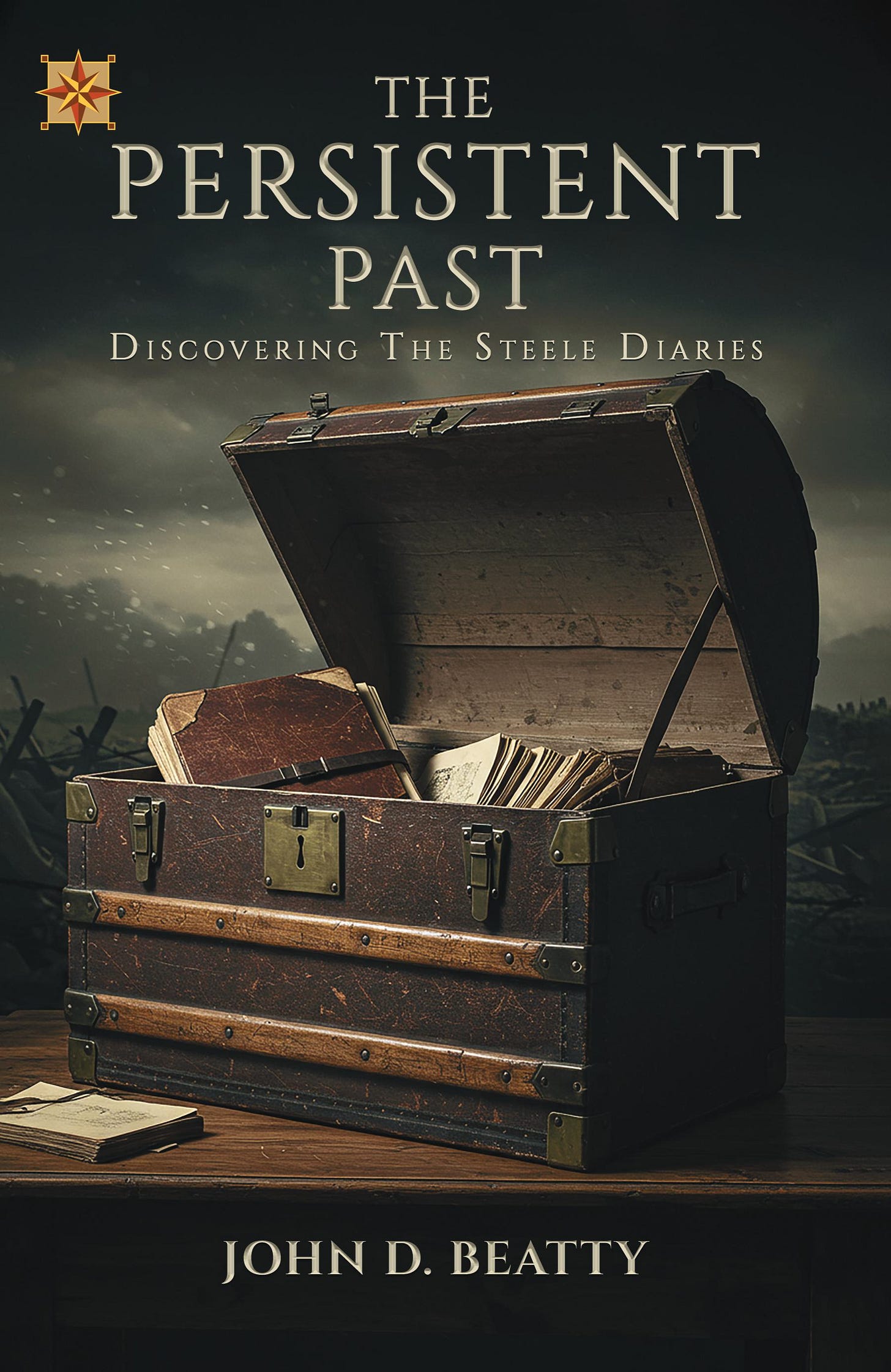Lessons of 1925
Have we learned from any of them?
Like using the keys below; only I can see who you are.
This is a riff on a Patriot Post article by Cal Thomas from January.
Political and other prognosticators are busy as usual predicting the future. Never mind calculating how wrong they have been in the past, our desire to know what’s coming sometimes overcomes sound thinking, ignorance of history and an understanding of human nature.
Recall the number of times climate alarmists predicted we would either freeze or burn to death by certain dates and religious mouthpieces forecasting the end of the world on dates that failed to materialize. People declared cars and electricity a "fad" when they first appeared. The list of outlandish predictions is long. We learn more from the past than from trying to predict the future. As the song Doris Day made famous says:
Whatever will be, will be. The future’s not ours to see, que sera, sera.
Jay Livingston and Ray Evans
In 1925, Calvin Coolidge was sworn in for a full term as president after he served out the term of Warren Harding, who had died in office in 1923. Coolidge’s character should serve as an example to modem politicians. Quiet Cal Coolidge believed in small government, low taxes, balanced budgets, and personal responsibility. He left office with a smaller federal government than when he arrived, and history wrongly blames him for the Great Depression. In 1925, schools taught sound economic and moral principles. Few do so today; many act surprised by the outcomes. Who decided right and wrong are individually determined?
Enouement: The bittersweetness of having arrived in the future, seeing how things turn out, but not being able to tell your past self.
Some events were predictable if only people had paid attention. The “Roaring ‘20s” focused on profit and pleasure, overlooking the rise to power of Italian fascist dictator Benito Mussolini and the coming of Adolf Hitler, whose book, Mein Kampf, published that year, told the world his goals that included world domination and the elimination of the Jewish people. Why don’t we listen and act accordingly when evil people announce what they intend to do?
He alone, who owns the youth, gains the future.
Adolf Hitler
The “Scopes Monkey Trial” that summer intensified the evolution vs. creation debate that continues today. In 1925, over 40,000 members of the Ku Klux Klan marched on Washington. The increase in anti-Semitism today reveals our failure to learn about the scourge of hate and the ways to oppose it, or it will grow. The first stirrings of the modem civil rights movement occurred in Harlem, New York, with the formation of the Brotherhood of Sleeping Car Porters.
A happy man is too satisfied with the present to dwell too much on the future.
Attributed to Albert Einstein
On 5 September 1925, the temperature climbed to 114 degrees in Centreville, Alabama. People called it weather; the Climate Cassandras hadn’t been born yet. Humiliated by its defeat in World War I, Germany agreed to their frontiers with France and Belgium in 1925, and announced their intention to apply for membership in the League of Nations. Neither the League nor German promises would survive another forty years.
Peace is necessary. For justice, it is necessary. For hope, it is necessary, for our future.
Harry Belafonte
Many good things came out of 1925, from serious jazz musicians like Louis Armstrong and Duke Ellington, and literary achievements by the likes of F. Scott Fitzgerald and Virginia Woolf. Given the economic challenges that were to come, along with a second world war that killed over 400,000 Americans, the “roar” of 1925 would be drowned out by the roar of global conflict.
Study the past if you would define the future.
Confucius
What can we learn from 1925? Will we learn from history in 2025? We will soon find out.
The Persistent Past: Discovering The Steele Diaries
Historians don’t predict the future, but they can see trends, indications that doing this will lead to that because it always has.
The Persistent Past: Discovering The Steele Diaries is a story of how history books are written, based on two scholars’ diligent work.
And Finally...
On 22 November:
1963: Lee H. Oswald shoots and kills President John F. Kennedy in Dallas, Texas. His VP, Lyndon B. Johnson, is sworn in hours later. Years of controversy surrounding the event followed, even to this day. NOTE: No conspiracy theories shall be entertained in response to this entry.
1968: Captain James T. Kirk (played by William Shatner) kisses Lieutenant Nyota Uhura (Michelle Nicolas) during the NBC-TV Star Trek episode entitled “Plato’s Stepchildren.” It was the first time a white man had kissed a black woman on US broadcast television.
And today is NATIONAL HUMANE SOCIETY DAY, observing the founding of the Humane Society of the United States in Washington, DC on this day in 1954. It’s a more worthy cause than most, because their clients can’t help themselves.



Speaking of being aware of history, some people might not comprehend your reference to Jews in relation to the KKK. The KKK didn't just lynch random blacks. They lynched Republicans (the KKK was democrats). While the KKK mostly lynched blacks who "didn't know their place," they also lynched white republicans, including jews, who encouraged black independence.